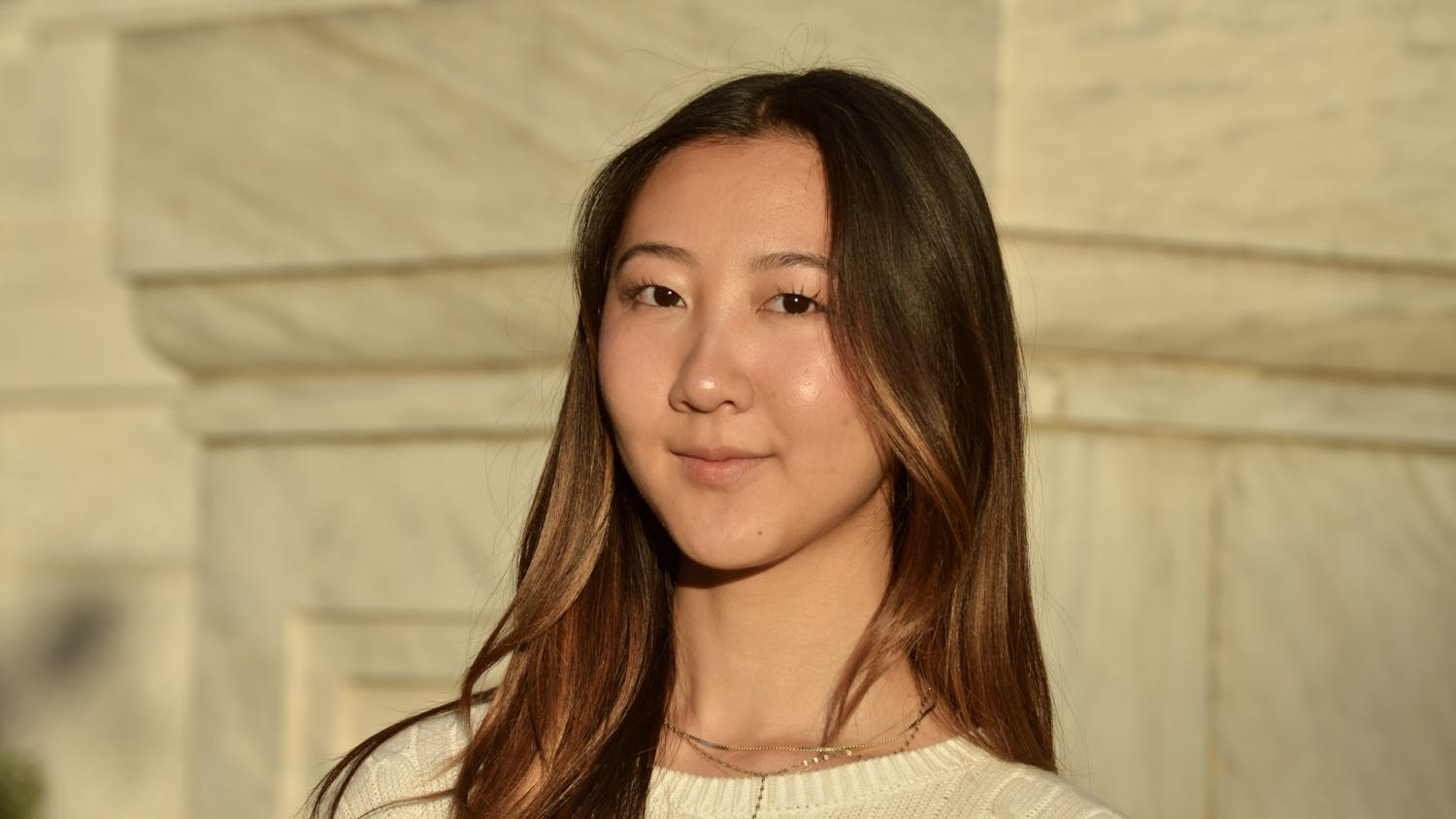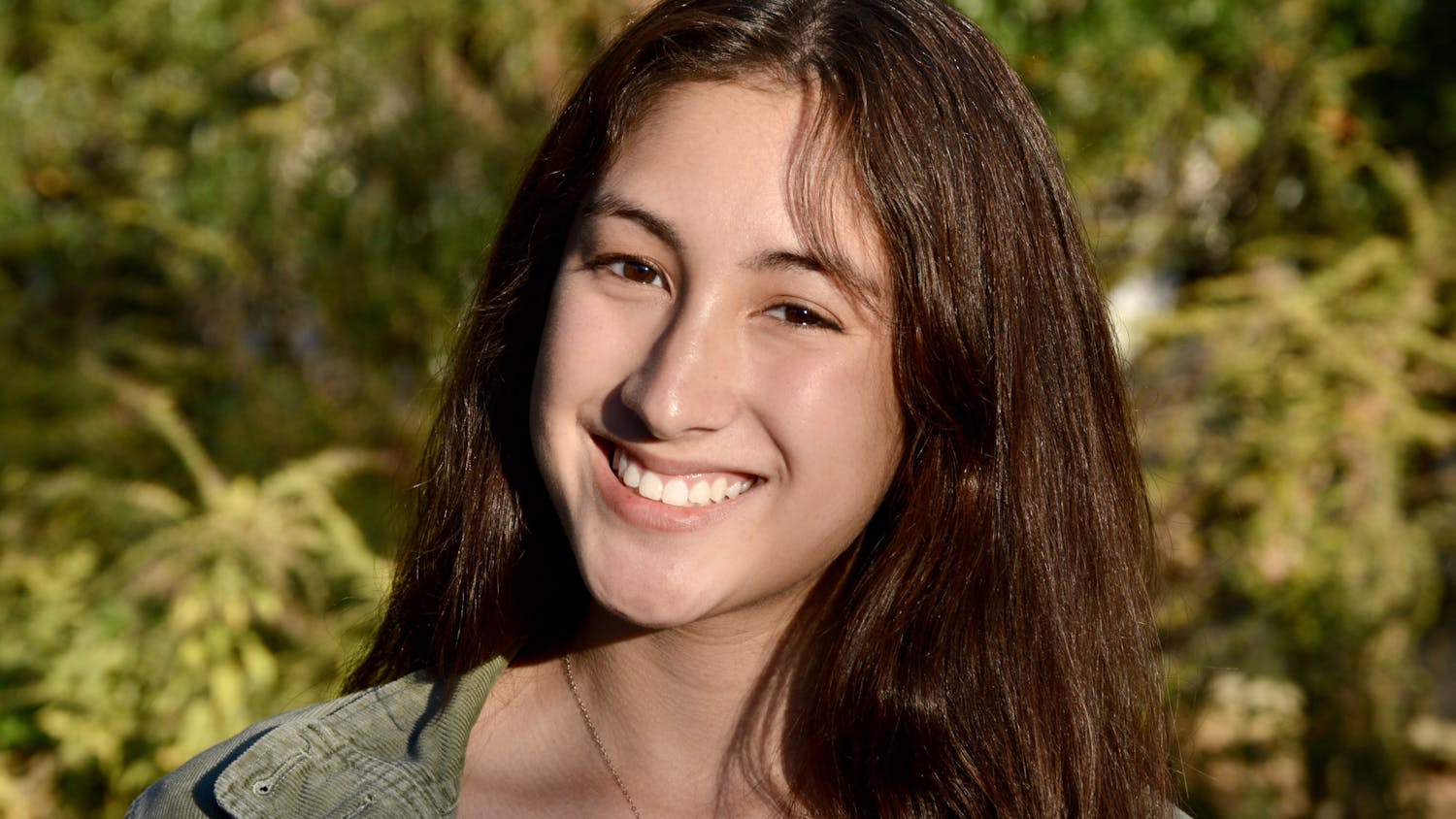Although final exams may still be a few weeks away, this is the final edition of my column for The Eagle for this year. And so I thought it would be fitting for me to turn back to last fall’s first issue of The Eagle, when in a “Meet the Columnists” feature, my fellow columnists and I were asked to introduce ourselves and what the focus of our columns would be.
Here’s what I wrote: “If I could change one thing about AU, it would be to energize students to become more locally engaged, and to impress upon our local decision-makers to be much more responsive to the needs and concerns of students.”
But in the grand scheme of things, there’s very little that one columnist can do to inspire such a monumental shift in behavioral attitudes. Instead, I mainly used this column as an opportunity to write about the campus issues that I felt affected by, such as the burdensome student debt, the wasteful and misrepresentative WONK campaign and the disconnected nature of our Student Government.
And thus my writings will go down into the archives, alongside those of dozens of other columnists before me who also wrote about their own specific grievances with the University and the world.
It takes more than one person to transform change from an idea into action.
And that is something that we have seen begin to take place this year. This year has witnessed student movements organize to advocate for better wages and working conditions for the University’s workers that we all take too much for granted.
The year witnessed students come together with faculty members to lead an effort to secure union representation for adjuncts.
It has been a year where many students have rejected the myth that the AU administration cannot be persuaded to change their policies to provide greater benefit to the entire campus community.
And the Student Government has also made great strides towards becoming much more representative of the concerns of the student body. The Undergraduate Senate this year has drastically reduced the hostility once endemic in its meetings, and has stabilized the long-term participation of its membership and its leadership. They’re hosting the first of what I hope will be many Senate Town Halls on April 26, and I encourage you to attend.
And the SG administration has made great strides towards establishing a more open, more transparent, and more effective Student Government that students can largely depend on for great events and as a platform for on-campus advocacy.
Certainly though, not all of the campus engagement this past year has been quite so positive. We’ve seen student movements drape banners off of buildings, interrupt guest speakers at student-organized events and attempt to turn the campus into a British monarchy. Even so, it has been great to witness the growth of student passion and action this year, and I hope to see it continue to grow in the near future. After all, we cannot truly consider ourselves nationally politically active unless we are locally active as well.
My time as an opinion columnist for this fine publication is now coming to an end. But as we close the lid on the 2011-12 year, let’s come back in the fall with a renewed interest in advocacy for the issues that matter to us as students. Run for Student Government office and engage with the administration officials.
I end by reprising the well-known Margaret Mead quote that I cited here last August: “Never doubt that a small group of committed people can change the world. Indeed, it is the only thing that ever has.”
Douglas Bell is a junior in the School of Communication.
edpage@theeagleonline.com




